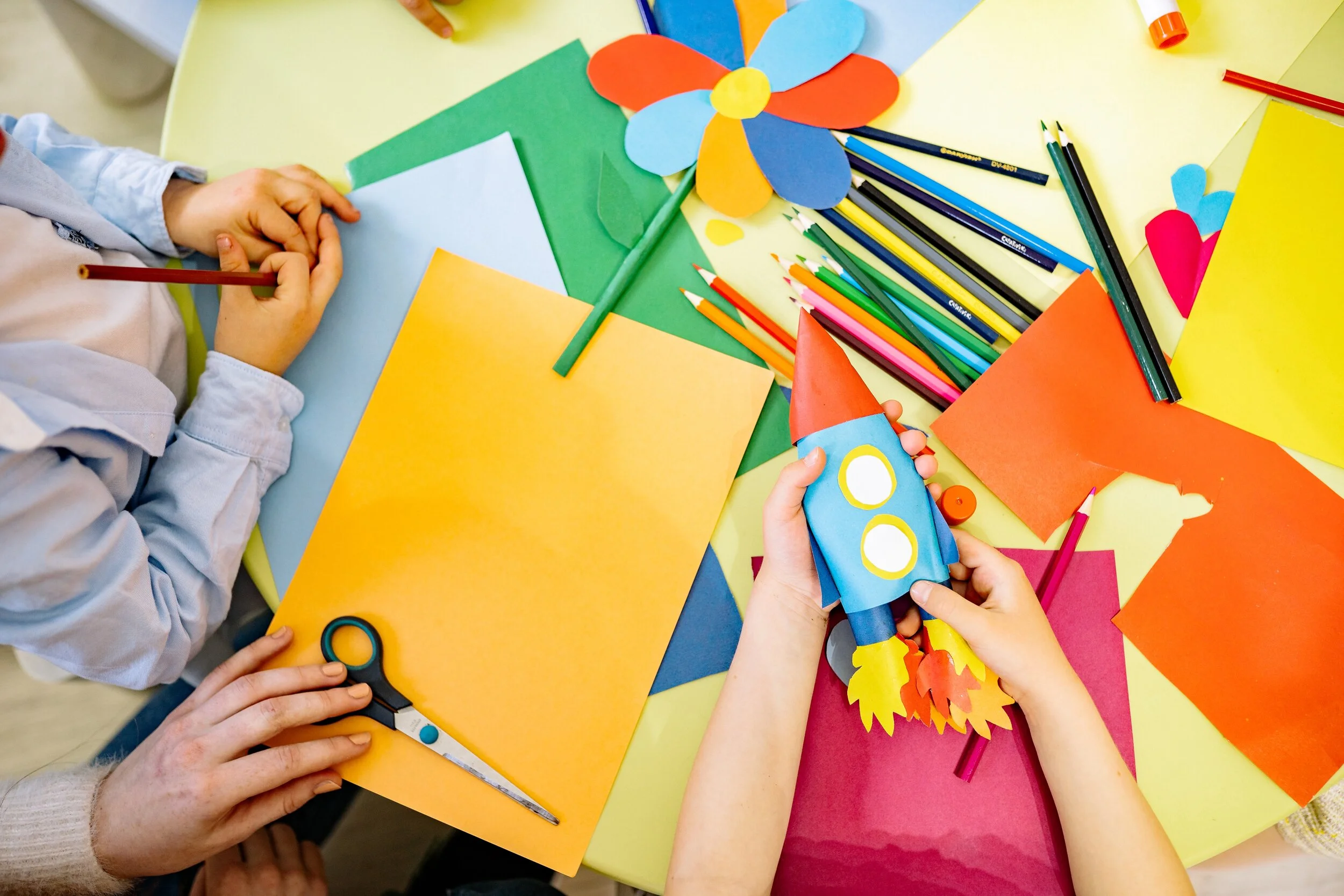Navigating depression is not an easy feat- it can even feel overwhelming and isolating. Depression is not a one-size-fits-all experience. In other words, depression manifests differently for each person. Luckily, with the right self-help strategies and support from loved ones and a professional depression therapist at Anchor Therapy, you can make significant strides in managing your depression.
Depression therapy gives you a safe space to explore your emotions, comprehend your underlying emotions, and create effective coping strategies tailored to your unique set of needs. Understanding the benefits of depression counseling is the first step to starting your professional mental health care journey.
A skilled depression counselor works closely with you to offer personalized care by pinpointing triggers, patterns, and the root causes of your internal struggles. At Anchor Therapy, our depression therapists utilize evidence-based techniques to address your unique obstacles, whether through Cognitive-Behavioral Therapy (CBT), Mindfulness-Based Cognitive Therapy (MBCT), or more! This type of customized mental health counseling makes sure that you receive practical support as well as structured support that is deeply relevant to your life.
Working with a depression therapist goes beyond mere symptom management- it is all about creating long-lasting resilience and emotional growth. A depression coach can help you rebuild self-esteem, fortify your relationships, and create better tools to handle future stressors. As you make progress in depression treatment, you will find that you are better equipped to reclaim your happiness and purpose. This alone can make depression therapy a transformative journey worth considering. If you are interested in learning more, continue reading this blog to dive into the three key benefits of working with a depression therapist!













![How To Reclaim Your Work-Life Balance During COVID-19 [Part 2]](https://images.squarespace-cdn.com/content/v1/590dee1ee3df28458372eadd/1596218008010-024LGSM6EBN3ZOYGS7NC/nathan-riley-9q3I8XhesQI-unsplash.jpg)






